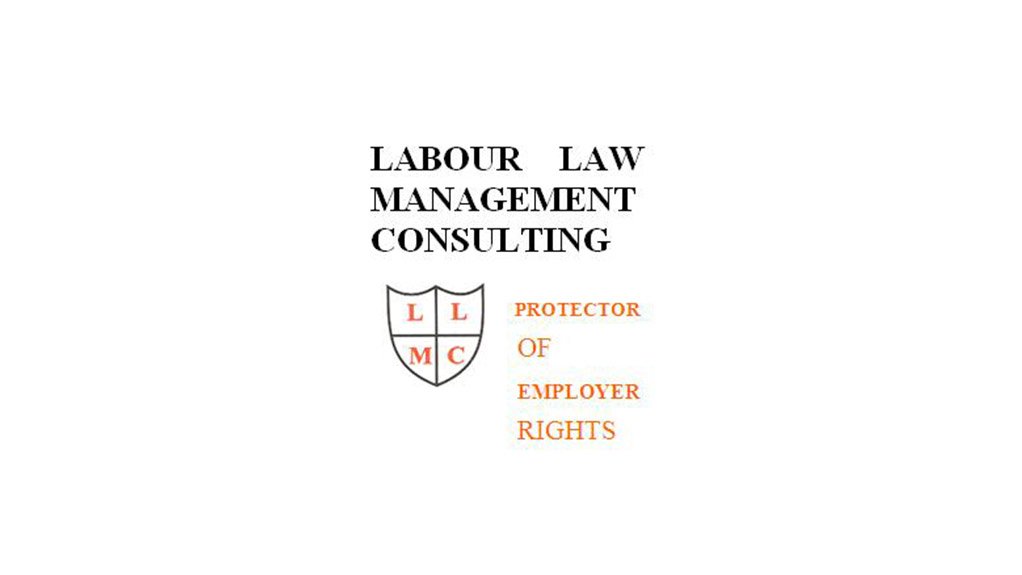A branch of a foreign company based in South Africa is not considered to be on foreign soil and is therefore subject to South African law. Our laws strongly protect South African employees. Furthermore, our courts do not easily give up jurisdiction to foreign courts.
For example, in the case of August Lapple (SA) vs Jarrett & others (2003, 12 BLLR 1194) the dismissed employee had been the managing director of the South African subsidiary of German company. He referred his dismissal to the Bargaining Council for the Motor Industry in South Africa. The arbitrator ruled that the bargaining council had jurisdiction to deal with the case. The employer therefore referred the jurisdiction ruling on review to the Labour Court which found that:
- Although the employee had been employed by the German parent company, the employee had also been employed by the South African subsidiary
- The bargaining council did have jurisdiction to hear the matter
- The employer was to pay the employee’s legal costs.
Even South Africans working outside South Africa can, in certain cases, refer labour disputes to the South African dispute resolution system. For example, in the case of Kleinhans vs Parmalat SA (Pty) Ltd. (2000, 9 BLLR 879) the employee was retrenched after having worked in Mozambique. The Labour Court decided that:
- An agreement by the parties as to where jurisdiction lies does not bind the Court.
- South African law was “impliedly” incorporated into in the employment contract and this gave the South African courts jurisdiction
- The contract was concluded and cancelled in South Africa
- The employee’s salary was paid in South Africa and was paid in rands
- The Court therefore did have jurisdiction to hear the case.
In the case of Parry vs Astral Operations Ltd. (2005, 10 BLLR 989) the employee was retrenched after having worked in the position of general manager of the employer’s operations in Malawi. The Labour Court decided that:
- Both parties were based in South Africa
- The parties had agreed that the employer’s (South African) policies would apply
- The employer had not approved the contents of Malawian law
- Both parties had, when signing the contract, been under the impression that they were concluding it under South African law
- The Labour Court therefore had jurisdiction
The employee was entitled to damages for breach of contract, balance of relocation costs, share options, accrued profit shares, salary, notice pay, severance pay and compensation equal to 12 months’ remuneration. In addition the employer had to pay part of the employee’s legal costs.
In the light of these cases, employers should not assume that they can hide behind foreign incorporation or foreign workplaces. That is, they should not assume that they need not follow South African law merely because foreign elements exist in the working situation. Instead, employers should first obtain expert labour law advice before taking any action against employees regardless of where the employee works or where the employer is based.
To access our experts debating thorny labour law topics please go to www.labourlawadvice.co.za and click on the Labour Law Debate item in the main menu.
Written by lvan lsraelstam, Chief Executive of Labour Law Management Consulting. He may be contacted on (011) 888-7944 or 0828522973 or via e-mail address: ivan@labourlawadvice.co.za
EMAIL THIS ARTICLE SAVE THIS ARTICLE ARTICLE ENQUIRY
To subscribe email subscriptions@creamermedia.co.za or click here
To advertise email advertising@creamermedia.co.za or click here











